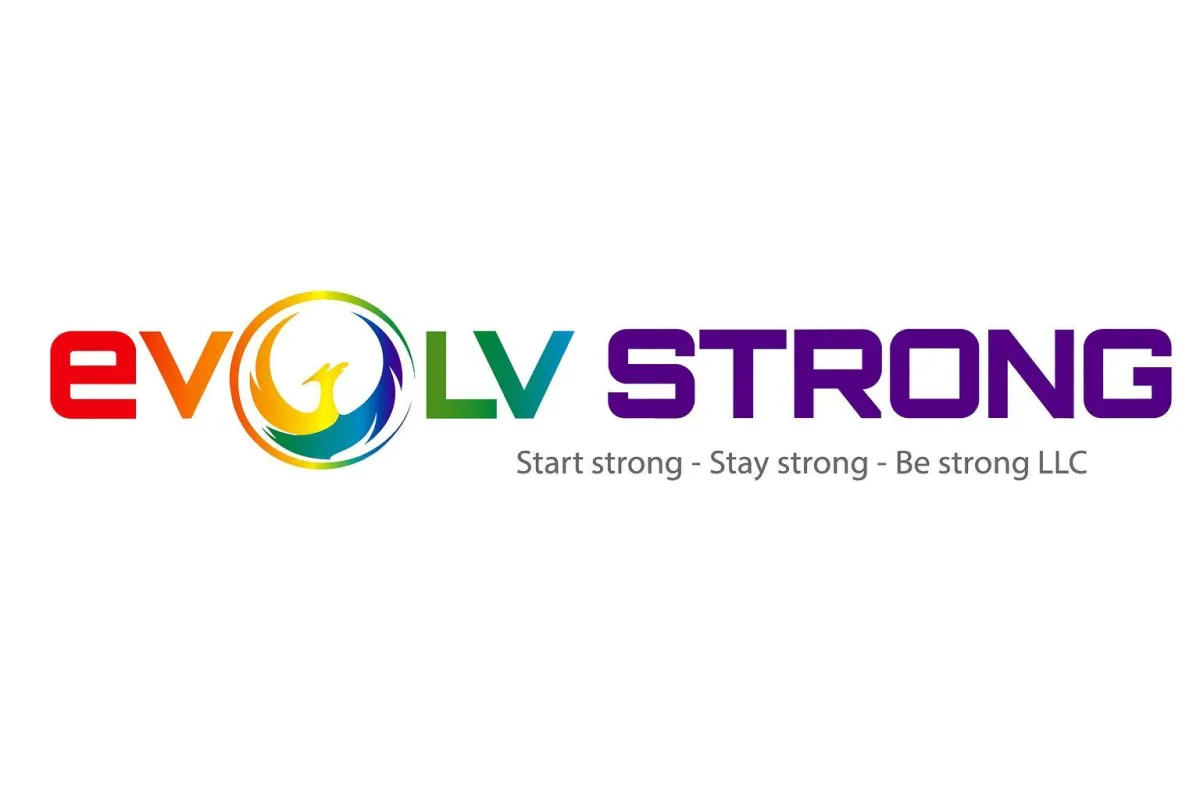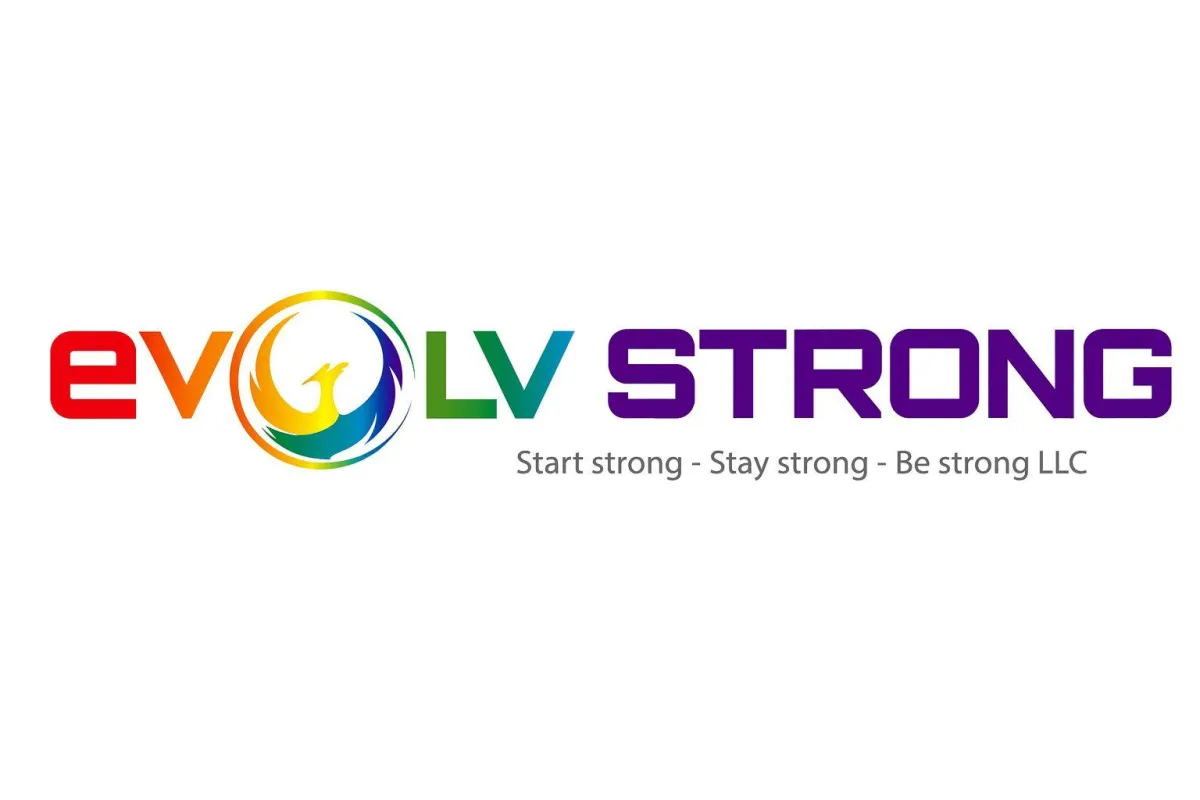4121 Edith Blvd. NE Albuquerque, NM 87107
(505) 872-3408
4121 Edith Blvd. NE
Albuquerque, NM 87107
(505) 872-3408
💪 404 – Page Not Found!
Looks like you took a wrong turn... but hey, at least you're moving!
The page you're looking for isn't flexing right now.
Maybe it skipped leg day?
Let's get you back on track:

